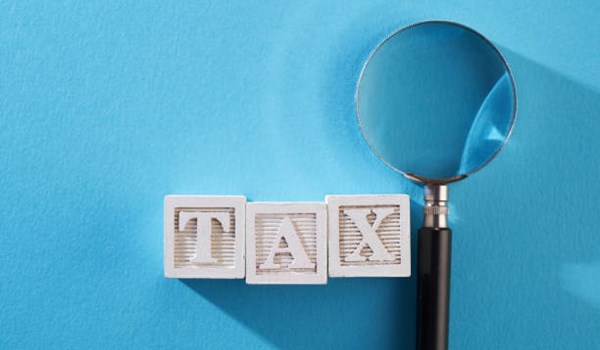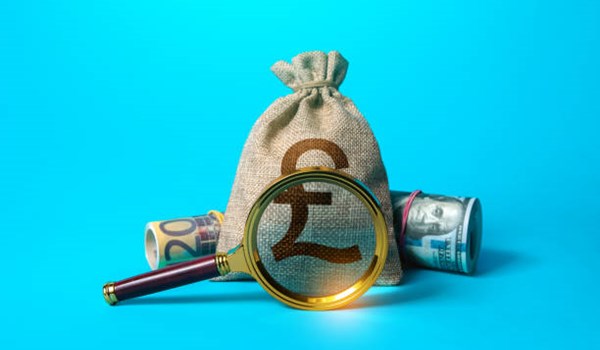HM Revenue & Customs has named 92 schemes which it says are involved in tax avoidance – and it admits this isn’t the complete list.
There has been controversy for some years over the status of many tax avoidance schemes, some involving property ownership and income derived from property.
The HMRC says: “If you are involved in any of the tax avoidance schemes shown on this page, or recognise any of the promoters, enablers or suppliers, you should contact HMRC as soon as possible … You can also report a tax avoidance scheme to HMRC.”
It adds that there are other schemes it cannot yet name because it is gathering information about the scheme itself or those promoting it, or simply because HMRC is not aware of the scheme’s existence.
The Revenue adds: “If you recognise any name on this list and are concerned you’re involved in a tax avoidance scheme, please contact HMRC … If a tax avoidance scheme is not shown in the list, this does not mean that the scheme works or is in any way approved by HMRC. HMRC does not approve tax avoidance schemes for use.”



